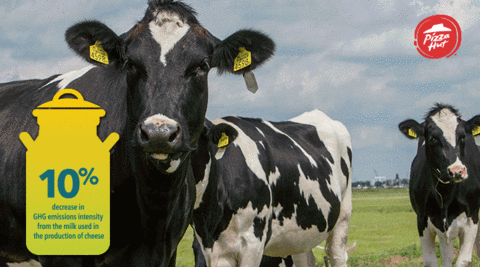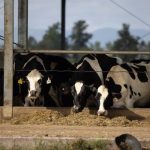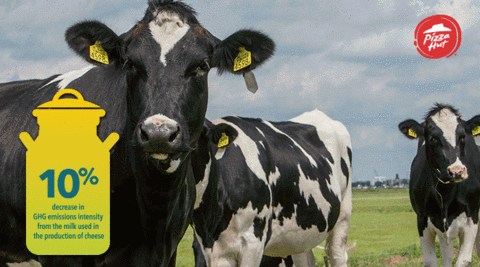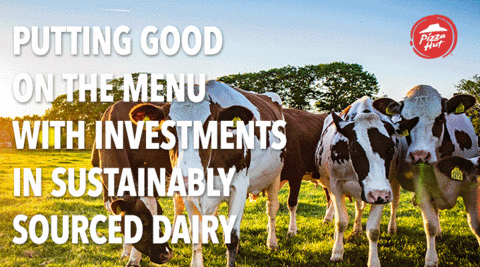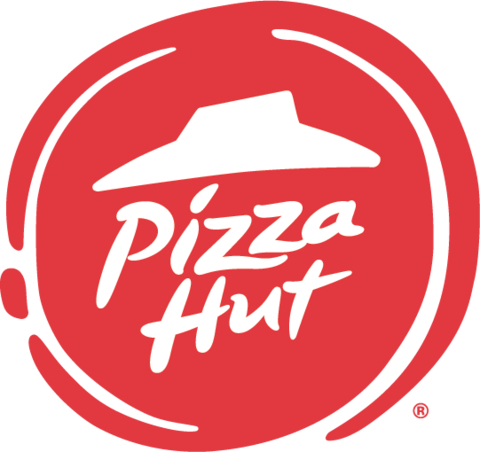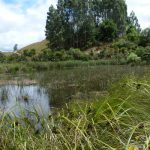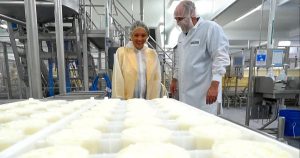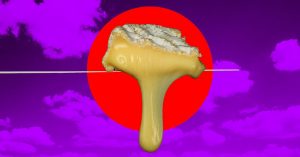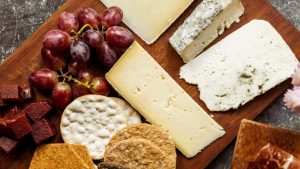
Pizza Hut has a long history of adding craveable goodness to its food, and that includes one of its most important ingredients – its cheese. To invest in making its cheese more sustainable, the brand partnered with Dairy Farmers of America (DFA), a farmer-owned cooperative owned by more than 10,000 farm families, to provide select farmers in the U.S. with technology and data to help reduce on-farm greenhouse gas (GHG) emissions. The collaboration is producing positive results among participating farmers including a 10% decrease in GHG emissions intensity from the milk used in the production of Pizza Hut cheese.
PLANO, Texas–(BUSINESS WIRE)–Pizza Hut has a long history of adding craveable goodness to its food, and that includes one of its most important ingredients – its cheese. To invest in making its cheese more sustainable, the brand partnered with Dairy Farmers of America (DFA), a farmer-owned cooperative owned by more than 10,000 farm families, to provide select farmers in the U.S. with technology and data to help reduce on-farm greenhouse gas (GHG) emissions. The collaboration is producing positive results among participating farmers including a 10% decrease in GHG emissions intensity from the milk used in the production of Pizza Hut cheese.
“At Pizza Hut, we’ve always been focused on bringing the best pizza possible to our customers, starting with key ingredients like our cheese,” said Rachel Antalek, Pizza Hut Global Chief Food Innovation Officer. “In partnership with DFA, we’re further investing in making our cheese more sustainable and are very excited to see positive results in reducing our emissions at the farm level, by putting more good into our pizza.”
When the partnership began in 2022, Pizza Hut set a goal to source 50% of the dairy used to make its pizza cheese in the U.S. from dairy farms participating in a sustainability project, including enrollment in the Farmers Assuring Responsible Management Environmental Stewardship (FARM ES) program by 2025. The brand met this goal two years early in 2023, achieving 60% of its sourced milk from farms participating in the FARM ES program. That equates to over 2.35 billion pounds of milk from approximately 140,000 milking cows.
“DFA farmer-owners have always been focused on taking care of their animals and the land they farm. Companies like Pizza Hut are helping DFA bring more technologies to more farms, which helps to further reduce emissions,” said Jackie Klippenstein, Senior Vice President and Chief Government and Industry Relations Officer at DFA. “By working together with partners like Pizza Hut, our farmer-owners can continue to build on the good work they have been doing in new ways.”
Technology and data play a key role in the program. To determine the dry matter components of a cow’s diet – or what is left of cow feed after all the water is evaporated – farmers receive a SCiO cup. This cup moves testing out of the lab and directly onto the farm, which can help farmers more easily manage feed ingredients and optimize the cow’s diets. Using the information collected by the SCiO cup allows farmers to better deliver precise nutrition to their cows, which leads to a reduction in methane emissions and waste.
As work in the U.S. continues, the brand is applying its learnings to other markets around the world. This includes identifying and then working closely with sector partners and suppliers who have shared goals around energy reduction and sustainable practices.
“With almost 20,000 restaurants, we’re leveraging our iconic pizza brand and global footprint to scale innovative and sustainable practices across our business to keep amplifying and integrating good,” said James Watts, Pizza Hut Global Chief People & ESG Officer. “We’re very proud of the work happening in our U.S market with DFA and have taken these learnings to new locations and other partners as we deepen our investments in sustainably sourced cheese.”
In New Zealand, Pizza Hut is kicking off a three-year project that will focus on farm efficiency improvements. Similar to the U.S. project, it aims to reduce on-farm GHG emissions by helping dairy farmers identify opportunities for efficiency gains through the adoption and use of farm reporting software. In the United Kingdom, the two-year project aims to reduce methane production in cows by improving the quality of the feed that’s given to the cows used to make the milk in the cheese supplied to Pizza Hut.
All of these projects are part of the broader climate strategy led by Pizza Hut and its parent company Yum! Brands, which includes a commitment to decrease GHG emissions 46% by 2030 with a focus on restaurants and supply chain. The work also supports the brand’s partners in achieving their sustainability goals, like DFA’s commitment to achieve a 30% emissions reduction across its supply chain by 2030.
For more information, visit pizzahut.com and yum.com/citizenship.
Pizza Hut, a subsidiary of Yum! Brands Inc (NYSE: YUM), was founded in 1958 in Wichita, Kansas, by brothers Dan and Frank Carney. Since then, Pizza Hut has earned a reputation as a trailblazer in innovation with the creation of icons like Original® Pan and Original® Stuffed Crust pizzas. In 1994, a Pizza Hut pizza was the very first online food order. Today, Pizza Hut continues leading the way in the digital and technology space with over half of transactions worldwide coming from digital orders. Pizza Hut is committed to providing an easy pizza experience – from order to delivery – and has Hut Rewards®, the Pizza Hut loyalty program that offers points for every dollar spent on food any way you order. A global leader in the pizza category, Pizza Hut operates more than 18,000 restaurants in over 100 countries. Through its enormous presence, Pizza Hut works to unlock opportunity for its team members and communities around the world. For more information, visit www.pizzahut.com. You can remain up to date on what’s happening at Pizza Hut by following us on Facebook, Twitter, Instagram, TikTok and subscribing to our YouTube channel.
You can now read the most important #news on #eDairyNews #Whatsapp channels!!!
🇺🇸 eDairy News INGLÊS: https://whatsapp.com/channel/0029VaKsjzGDTkJyIN6hcP1K
